EDUCATION
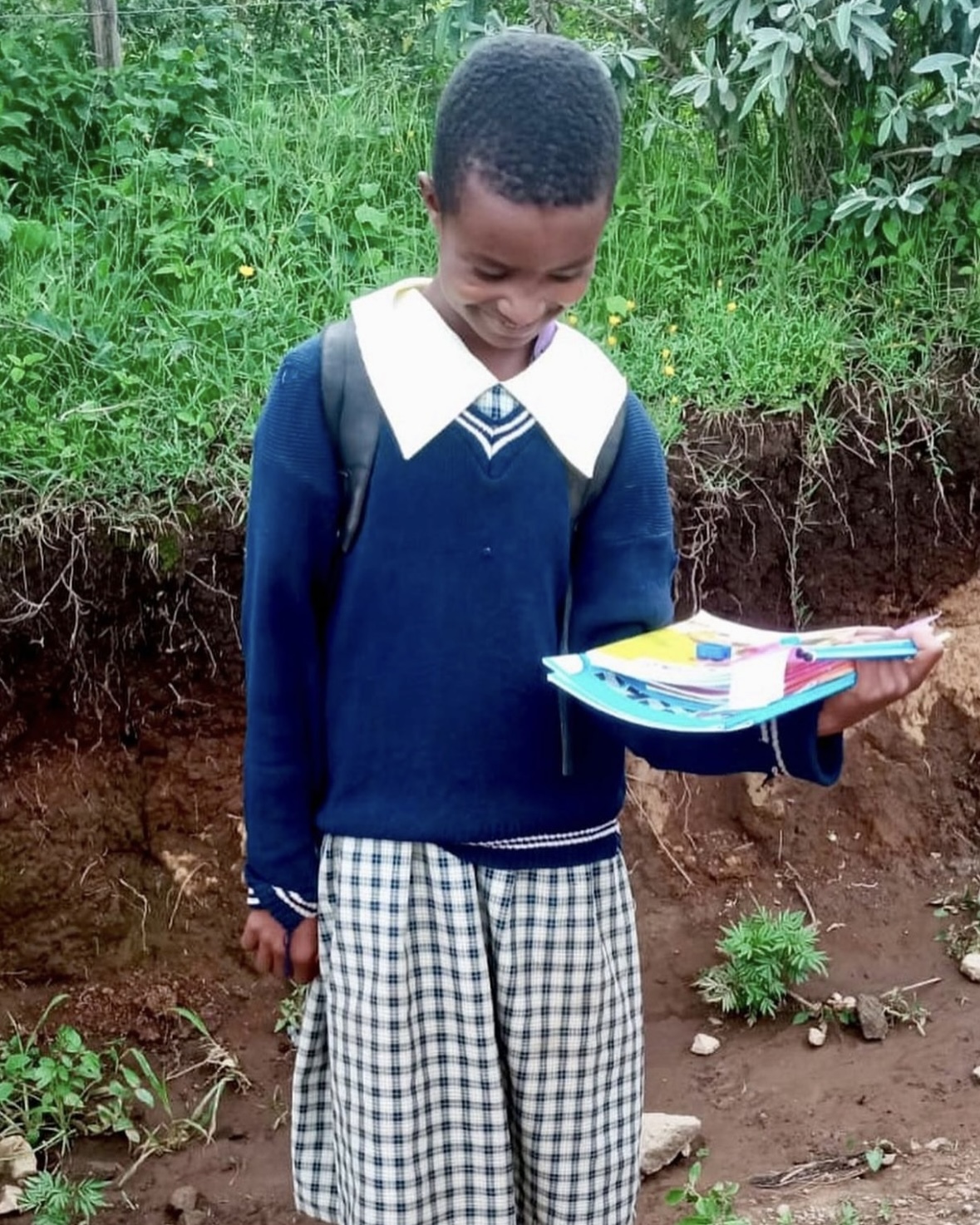
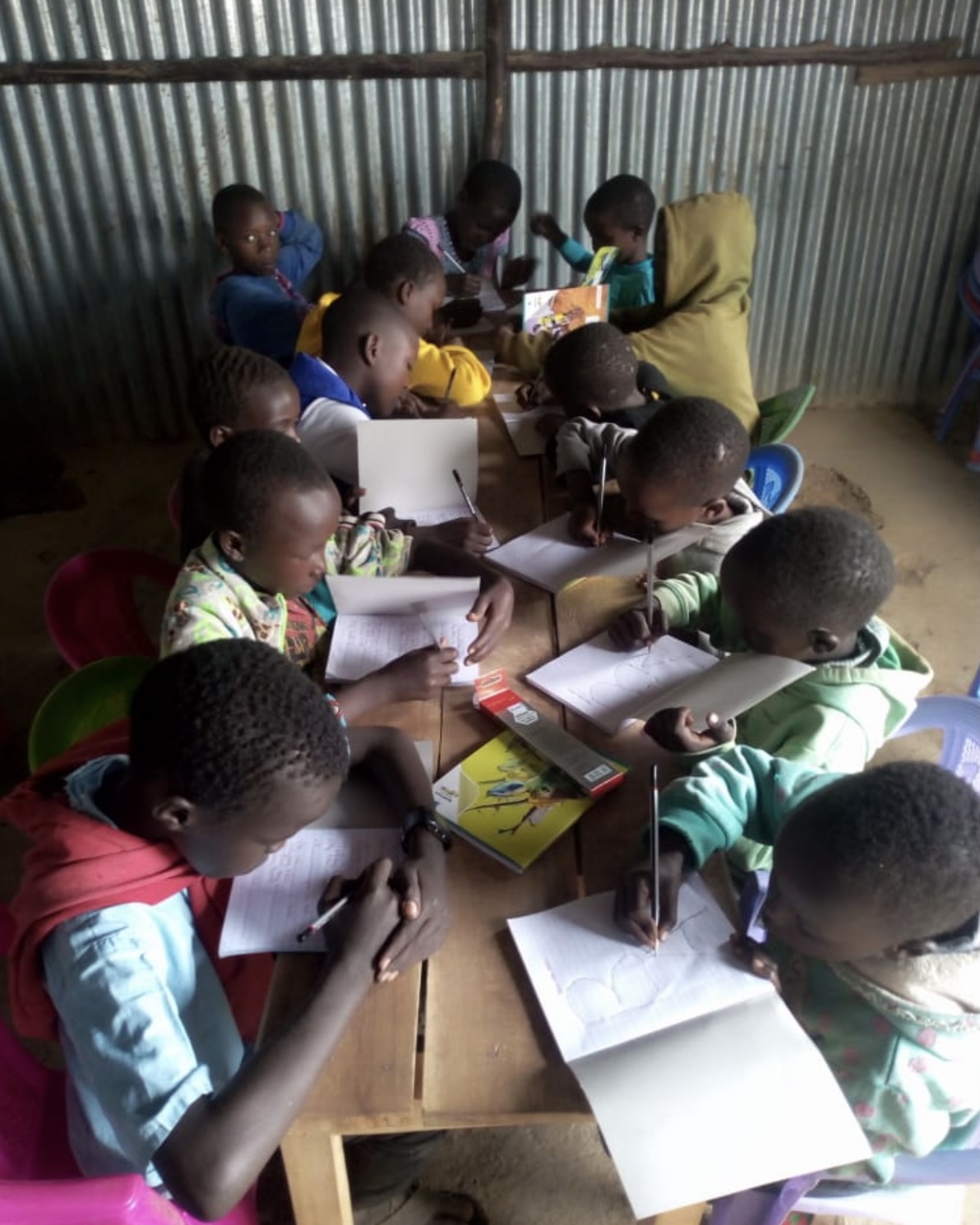
After-School Education Program:
To ensure that the children we support receive a quality education that equips them with valuable skills and knowledge, we offer an after-school education program. Linda Otieno, serving as the CEO and teacher at Mara Action Aid, oversees this program. Here, children receive extra lessons in English as well as additional support in other subjects they study at school. We also provide thorough and targeted preparation for tests and exams. Our emphasis is on making learning enjoyable and engaging while upholding high-quality teaching standards.
Economic Support
We provide comprehensive support to ensure that children can access education. This includes covering school fees, supplying books and writing materials, and providing school uniforms—expenses that are often beyond the means of their families.
Why Our Educational Program Is Necessary:
The children attend public schools where, despite being publicly funded, mandatory school fees are still required. Unfortunately, the quality of education in these schools is often inadequate, despite rigorous standards set from an early age. Additionally, instruction is exclusively in English, a language not commonly spoken in the Maasai community. As the children do not learn English at home, passing annual exams starting from first grade is essential for progressing to the next grade. This situation means that Maasai children from extremely impoverished backgrounds face significant challenges from their first day of school onward. There is little support for struggling children at these schools. Therefore, our educational program is vital for ensuring that children learn effectively and complete their education.
Sports and community
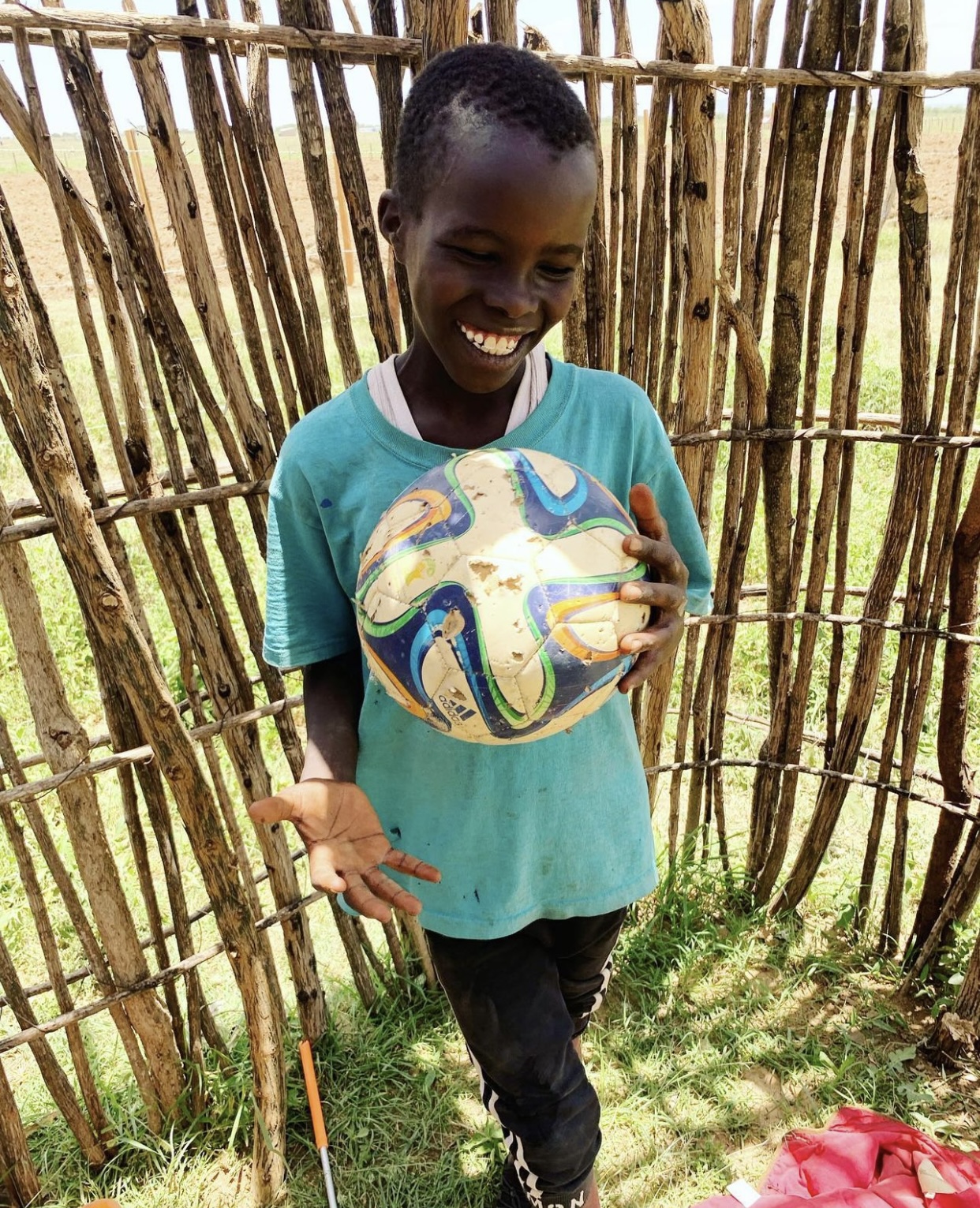
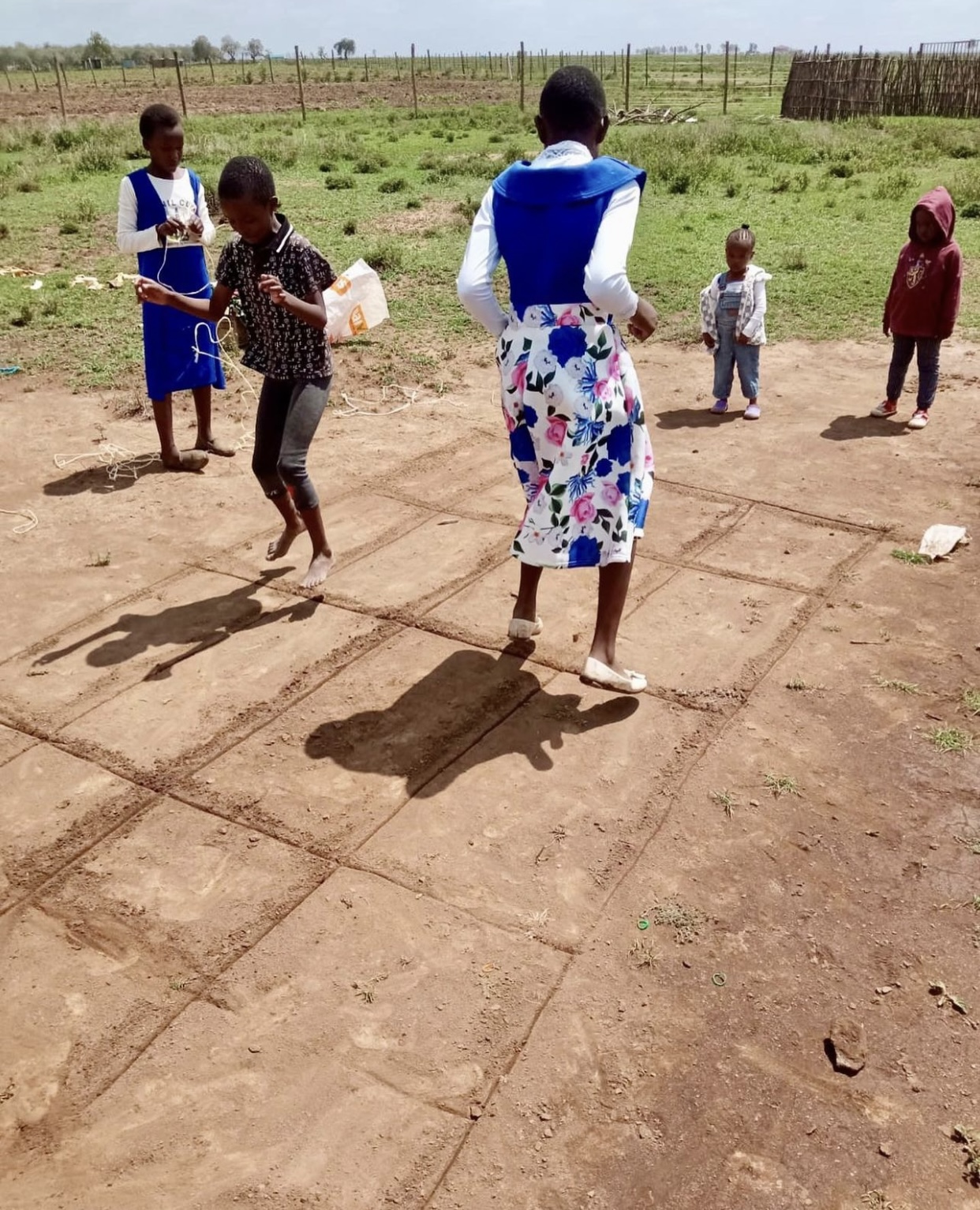
Engagement in sports and activities cultivates a sense of camaraderie and community among children, offering them a valuable opportunity for physical activity and play—experiences they may lack at home due to responsibilities like tending to animals, household chores, farming, and caring for younger siblings. As such, sports and activities are fundamental components of our after-school program, giving the children the freedom to embrace their childhood, interact with peers, and revel in shared enjoyment.
After establishing the educational centers, we will embark on creating a specialized sports program accessible to all children in the vicinity. This initiative is pivotal as local children often face constraints hindering their ability to engage in recreational activities freely. Our goal is to foster stronger community bonds, promote fundamental rights, and fortify the local fabric. Moreover, organized sports hold the potential to bolster future educational and employment prospects for these children.
Rights and Opportunities for Girls
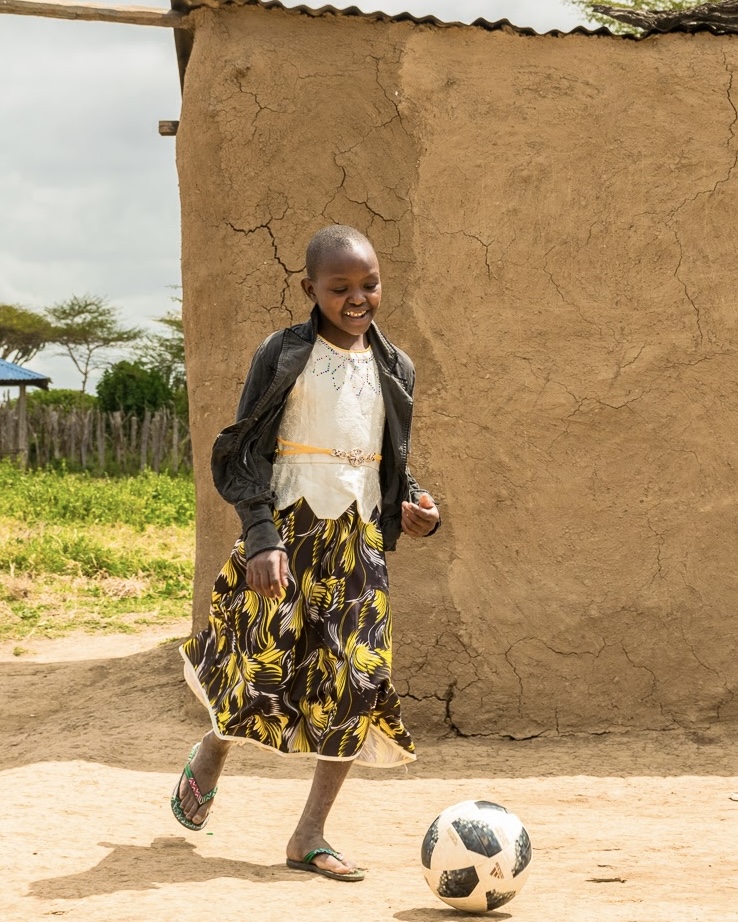
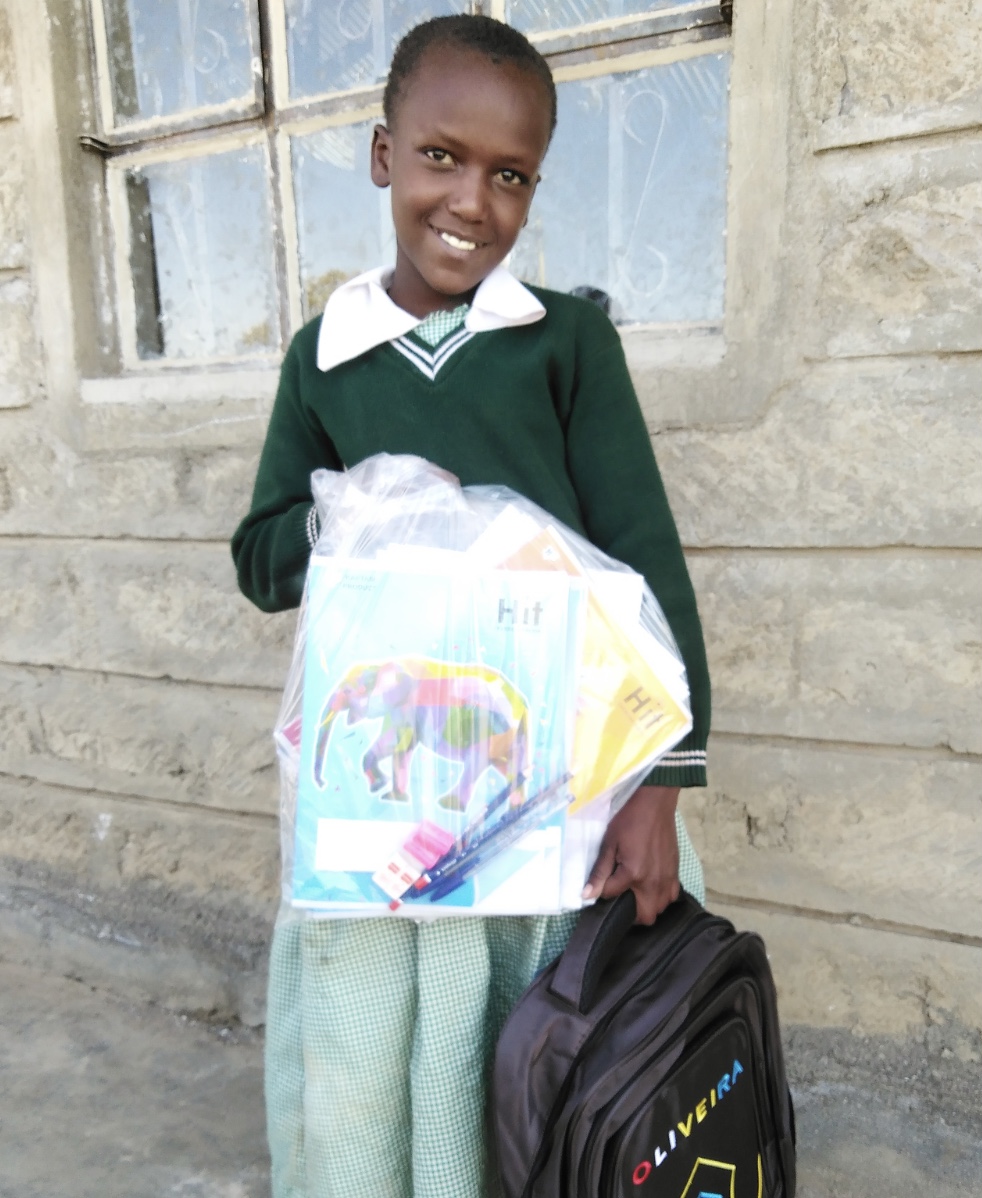
In Masai culture, there are significant differences between women and men. Women are oppressed, have few rights, and lack the freedom to make their own choices. Traditionally, girls are supposed to be married off in their teenage years. A common practice here is also to subject girls to female genital mutilation before this happens. The girl is then married off to an older man who often has multiple wives. Polygamy is very common. Women's tasks and roles in society are usually based on being a mother, milking cows, and fetching water.
In recent times, more Masai girls have pursued education. Some have become more aware of their rights and see education as the only opportunity for their daughters to create a better future with more opportunities and freedom. A major problem is that they lack economic resources to pay for schooling and often the girls have to help their mothers at home. Education for boys is prioritized, and families with multiple children and limited resources must choose one child to prioritize. This is usually the case.
FOOD AND ACCESS TO CLEAN WATER
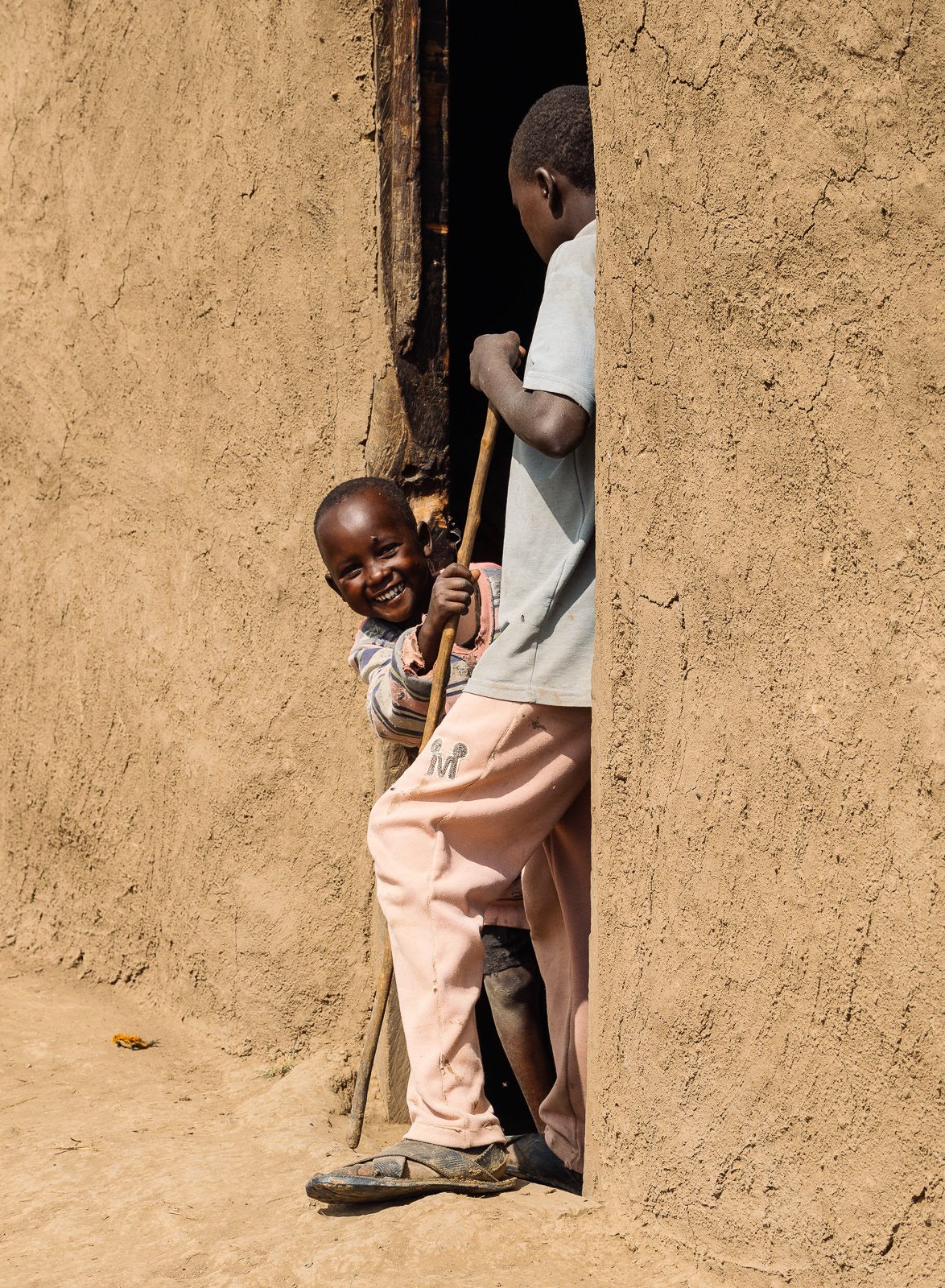

The families we support faces challenges such as food scarcity for their children and limited access to clean water. To address this, we provide monthly food supplies to ensure that the children enrolled in our education program have sufficient nutrition at home. Additionally, during their participation in classes, playtime, and other activities, we ensure they are provided with meals and ample access to clean water.
Nutrition and access to clean water play a crucial role in children's development, health and well-being. They are fundamental for maintaining concentration and academic performance in school. Therefore, we are committed to ensuring that children have the necessary nutrition and clean water, both at home and during our educational endeavors.
On the organization’s property in Narok, we have constructed an underground water tank with a capacity of 10,000 liters. Our closest neighbor owns a private well, and a pipeline from their well passes through our property. This allows our tank to be continuously filled with clean water from their well. The tank is regularly cleaned to ensure the water remains safe for consumption. Local community members and the families we support have access to this water tank, providing them with a reliable source of clean drinking water.
